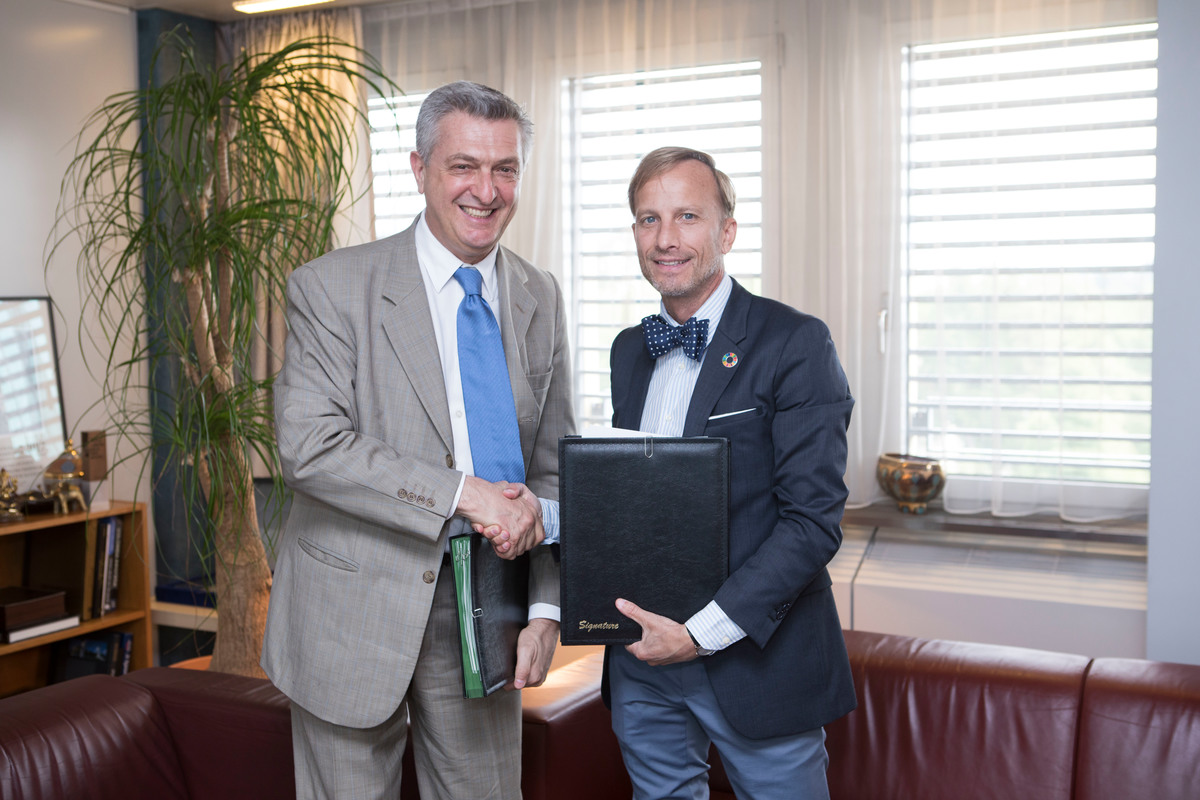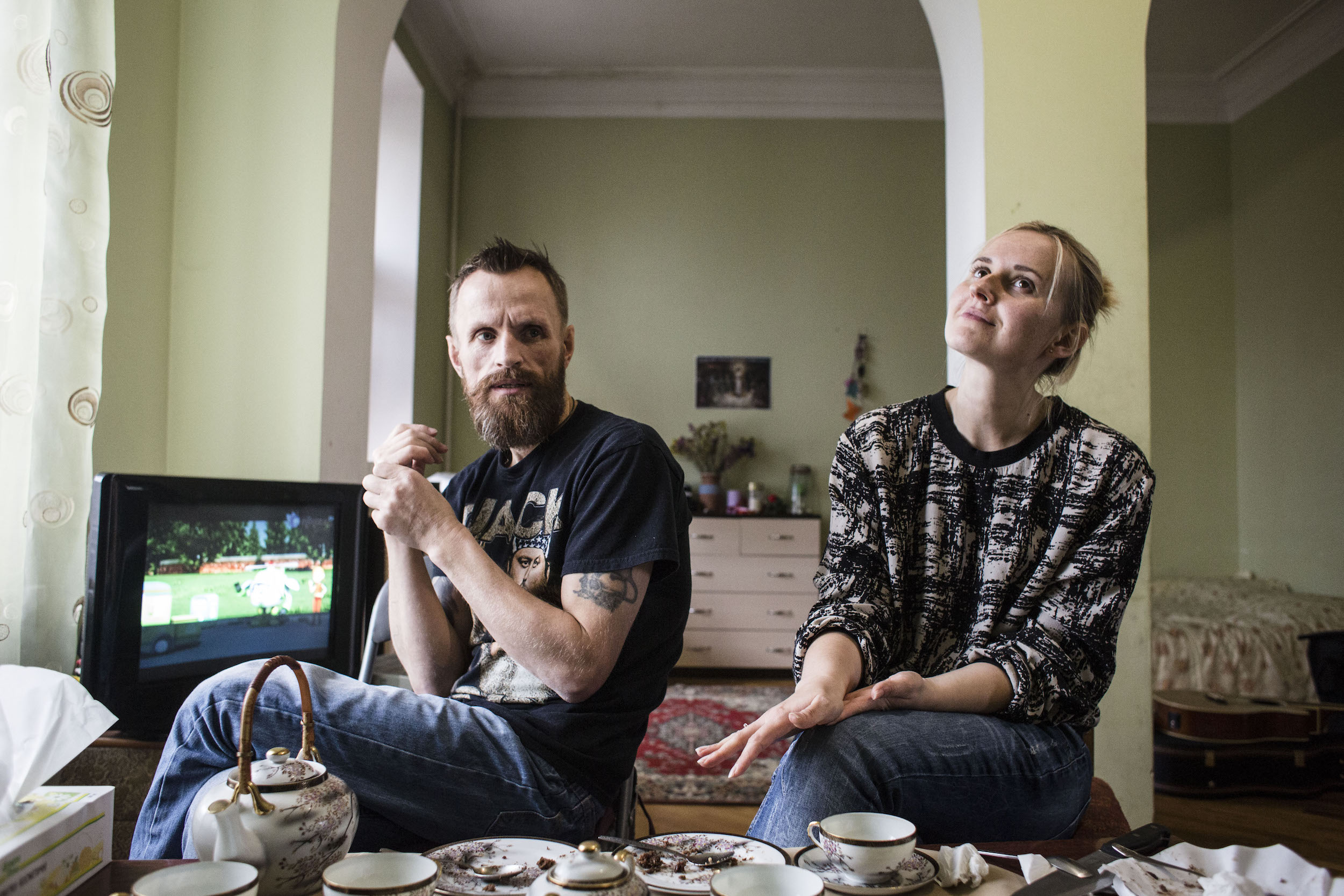UNHCR study examines HIV prevalence in conflict, displacement
UNHCR study examines HIV prevalence in conflict, displacement
A new UNHCR study of seven African nations challenges previous assumptions that conflict, forced displacement and wide-scale rape have increased the prevalence of HIV in sub-Saharan Africa and that refugees fleeing conflict spread the infection in host communities.
The study, published this week in the British medical journal The Lancet, says a survey of data on HIV prevalence in 12 refugee camps showed that nine actually had a lower prevalence of infection than surrounding host communities, while two had similar rates and only one a higher prevalence.
A UNHCR team led by Dr. Paul Spiegel of our Public Health and HIV Section, studied population data in the Democratic Republic of the Congo, southern Sudan, Rwanda, Uganda, Sierra Leone, Somalia and Burundi. The UNHCR study in The Lancet notes there is a common assumption that violence and rape fuel the HIV epidemic in countries affected by conflict, and that consequently refugees fleeing those countries have a high prevalence of HIV infection. However, the authors found no data in the seven countries to show that conflict increased the prevalence of HIV infection, nor was there evidence that refugees fleeing conflict spread the infection in host countries. In fact, the reverse may be the case. The authors say the dynamics of conflict and forced displacement may alter the pattern of sexual behaviour among those affected and actually reduce the transmission of HIV.
Dr. Spiegel says that while conflict in the seven sub-Saharan African countries does not appear to increase HIV infection to the same degree as in surrounding countries not in conflict, this does not mean that conflict in all countries would mean lower HIV infection than non-conflict countries. Each case would need to be examined. Nor should the findings be interpreted to mean we shouldn't worry about HIV or rape in conflict. Individuals are still vulnerable to HIV during conflict and in any incident of rape.








